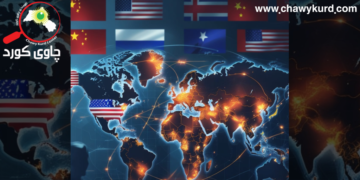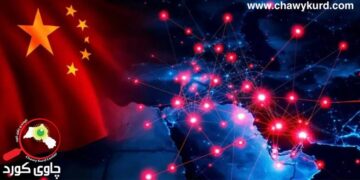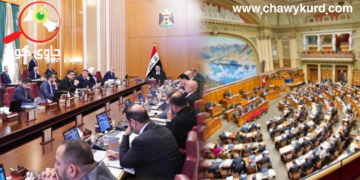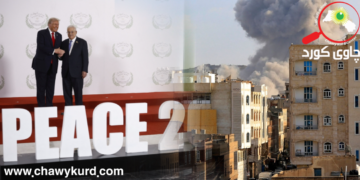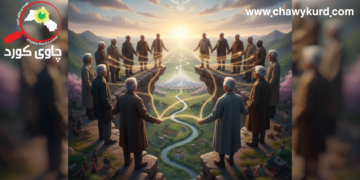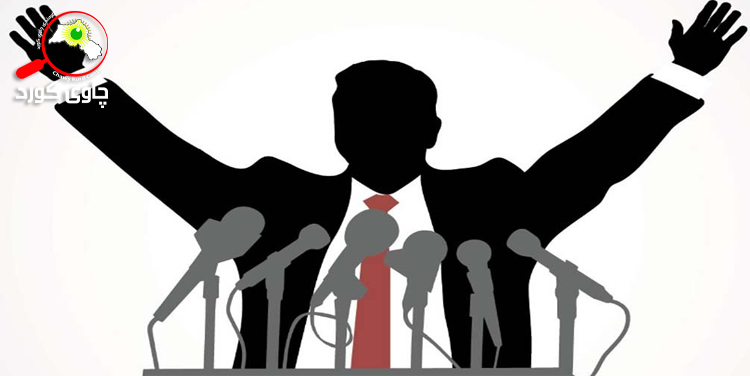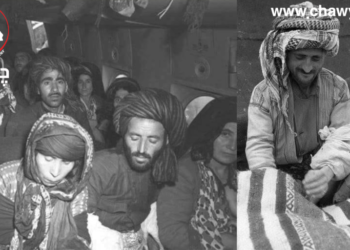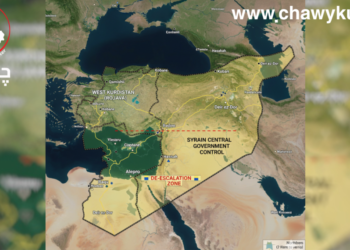The organization of community affairs needs a tool to implement, and the necessary tool for this arrangment is political power. This article tries to highlight the concept of political power, its authority and types of power in different societies, along with the principles on which this type of power is based it implements political plans and public affairs of society according to these principles.
First, the concept of political power
Human beings in order to achieve their needs of survival, they requires living in a social framework. Social life requires a certain amount of rules and regulations in order to provide these needs in the best way and to manage society. On the other hand, human demands are not limited by human nature and make every effort to achieve these demands. The need for social life on the one hand and the pressure of demands on the other are two main motivations for the establishment of society. Also, due to the increasing number of members of society and the spread of demands, society needs tools to organize and manage the affairs of individuals and communities to perform these tasks, and these tools are dynamic. They find themselves in power.
Political power is a secure right that exists in any social system to determine the path of society. Moreover it attempts to express opinions on its issues, to eliminate debate, and in general to lead and guide the people. When we talk about power, we mean an individual or group that has the right to lead, and the emphasis is on rights rather than power. That is, the rights that members of society have consented to entrust to their elected elites to seize power within this right. The use of force by the authorities must also be to the extent permitted by this right. Political power occurred with the birth of society, because without power there can be no system and there can be no freedom. Therefore, political power is primarily a social phenomenon.
Second, political power from the perspective of liberalism and Marxism
- Liberalism:-
The core of liberalism is the separation of the space of government and society. From the beginning, liberalism has been an intellectual attempt to define the private space (individual, family, economic) vis-à-vis government power. As a political ideology, it has supported conditional government in the sphere of civil society versus the sphere of government power, which is bound by the law, individual freedoms and civil rights, especially private property.
According to the principles of liberalism, the right of the government to interfere in private and civil life must be limited by strong and obvious restrictions. One of the principles of liberalism is the supremacy of freedom over power, and basically a power must have legitimacy that can impose several treaties and agreements, thereby providing the greatest freedom for the greatest number of people.
- Marxism:-
Another view of political power is Marxism, which is a revolutionary philosophy that seeks to destroy established power and change all spheres of life. This approach focuses more on class struggle within the framework of production and the philosophy of the existence of the state than on a closer look at political power and its roots. In the worldview of this approach we see that:-
- Class relations are relations of power.
- The concepts of class and power are intertwined because they both arise within the framework of social relations.
There are several factors that cause political crises, some of which are:
- Ignoring the Constitution.
- Limitation of political and social participation.
- The government’s inability to fulfill its promises.
- Increased demands of the people and lack of resources available to the government.
- The gap between the established government and the government of the people.
“Summary”
- As a result, we conclude that it is difficult to analyze the concept and content of political power.
- This concept includes a kind of social relationship that requires many other factors to survive. Such as the power of coercion, consent, the provision of human needs, the organization of society, the realization of freedom and justice. This has made this relationship complex and intense, and the boundaries of power have changed over time and place.
- For the reason that human relations are constantly changing, this has made power relations constantly changing.
- Political power is the basis of the life of any society and is the result of human needs to organize the affairs of his private and social life.
- If the approval and legitimacy of the authorities is taken away, this will lead to the emergence of a crisis of authority.








